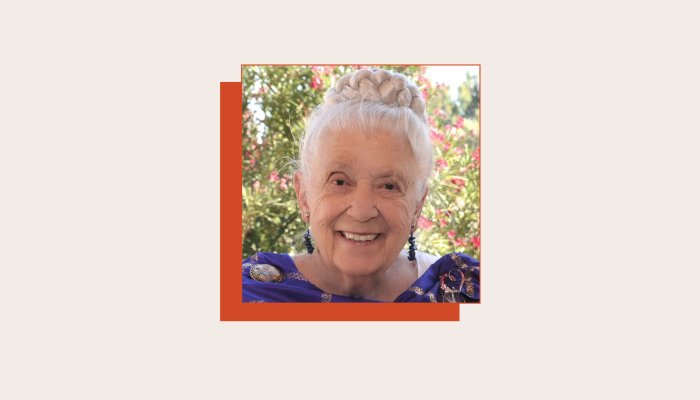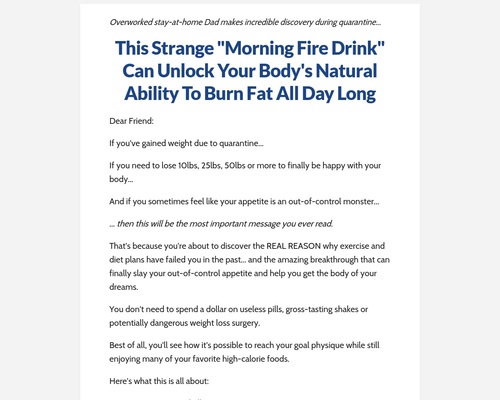[ad_1]

On a fundamental level, we’re all connected. It’s easy to forget this and see ourselves as separate beings. After all, I’m me, wrapped in my own skin, and there you are, wrapped in yours. Yet we are social creatures, and we depend on one another to survive. No matter how hard we may try to separate ourselves, we are part of a community, for better or worse.
Yet a true sense of community seems rare in our modern age. Even before the pandemic, many media reports were noting that we are experiencing a crisis of loneliness. Loneliness has been identified as a problem in numerous countries and across a range of demographics.
This sense of disconnection wreaks havoc on the body. One study at Brigham Young University showed that feeling lonely has the same effect on longevity as smoking fifteen cigarettes a day. Poor social relationships have been associated with a 29% increase in the risk of heart disease and a 32% increase in risk of stroke.
At the same time, the data show that positive social connections help us thrive. The author Ashton Applewhite has noted that social connection is a main indicator of happy and healthy aging. She also recommends multigenerational friendships, an idea that is echoed by numerous studies showing the positive effects being around small children has on older people facing questions of purpose.
While marriage in general is associated with decreased risk of cardiovascular disease, troubled marriages are associated with increased risk. According to the Harvard Study of Adult Development, the quality of our relationships at age fifty is the greatest predictor of our health and well-being at age eighty.
[ad_2]






